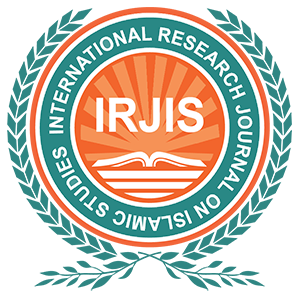Abstract:
The concept of the gender binary is becoming irrelevant with time. Sex is allotted or assigned at the time of birth while gender is a self-assigned social role that prefers and aims to be recognized in society. On the touchstone of international human rights standards, the research work marks out the problems and hostilities faced by the eunuchs in Pakistan. Drawing closer to the research content, it seems a challenge to fight the colonial legacies where the subcontinent region is a hot place of eunuch discrimination and suppression to seek strength from various aspects of our society such as the everyday fight of the eunuch people in search of human and gender rights. The paper evaluates the occupational, personal and social status of this inconsiderate and volatile faction of the society. It discusses the 2018 Act for this vulnerable group of Pakistani society, their place in Islamic jurisprudence, and their role in the chapter of history. The questions of morbidity and troubles faced by the transgender community, whether all these formulations and legit actions lead toward the safe life of eunuchs in Pakistan have been elaborated. The potential answers to these questions, like social ostracism, are multiple, layered, and complex. The three different parts of this research work illustrate the developments in Pakistan and the Islamic jurisdiction towards the important faction of society known as eunuchs.
Keywords: Eunuch, Transgender Rights, Deprived soul, Society, Jurisprudence

